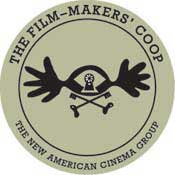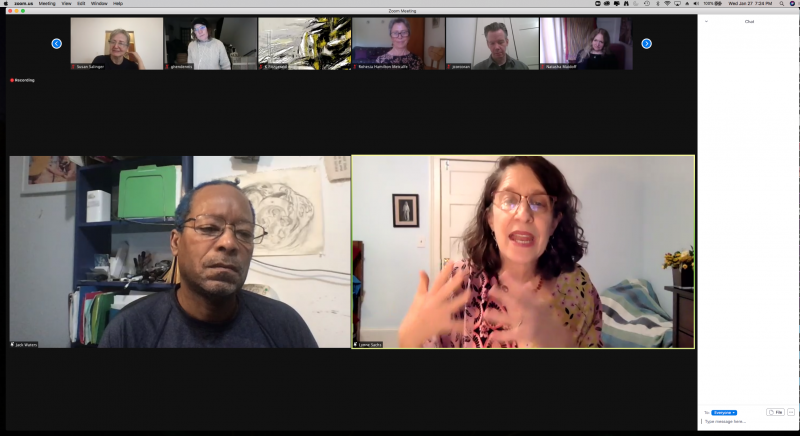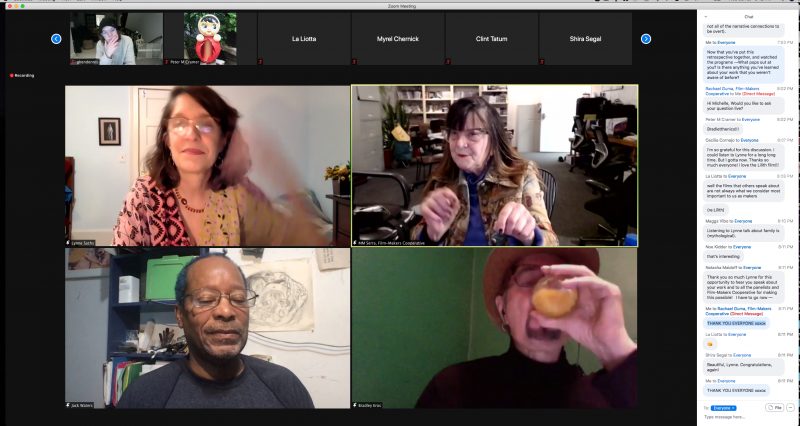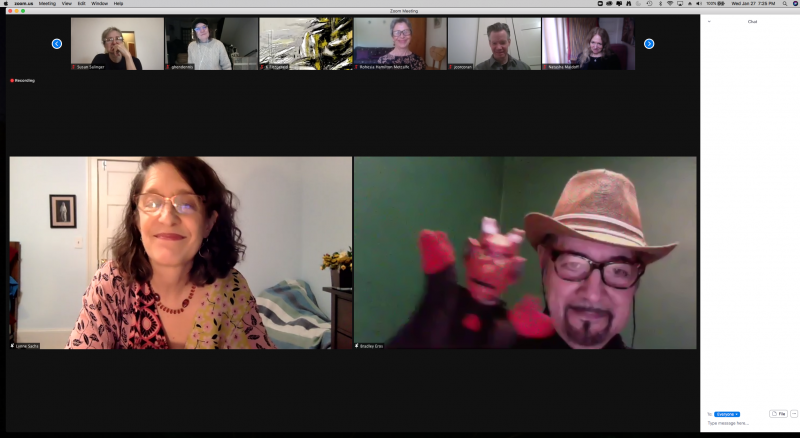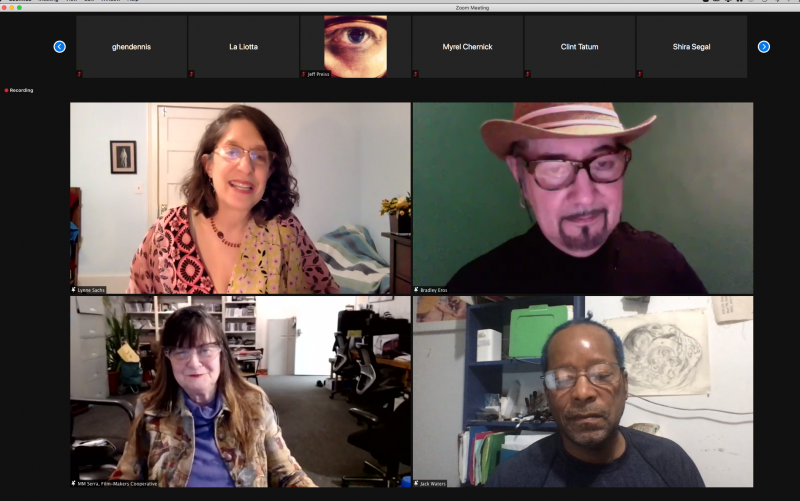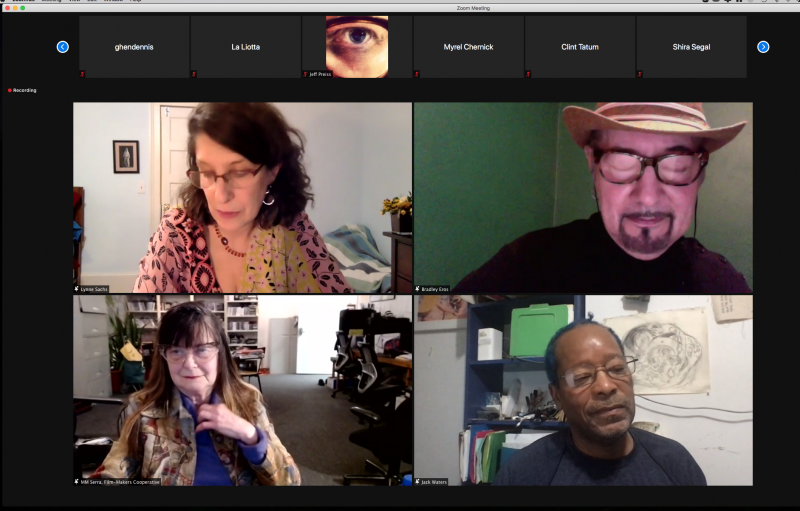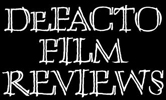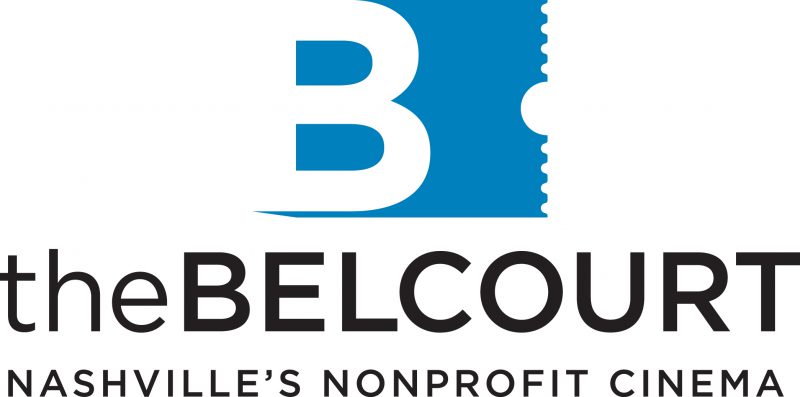
CINE-FILE SELECTS:
FILM ABOUT A FATHER WHO
By Kathleen Sachs
Friday, February 5th- Thursday, February 11th, 2020
https://www.cinefile.info/cine-list/2020/02/05/021121?rq=lynne%20sachs
In partnership with film distributor Cinema Guild, Cine-File is presenting a virtual screening of independent/experimental filmmaker Lynne Sachs’ 2020 documentary feature FILM ABOUT A FATHER WHO. The film is available to rent at the link below for $12, with half the proceeds going to Cine-File (funds will be used for general expenses, future programming, and to provide honoraria to our contributors). The film is also available via our friends at Facets Cinémathèque.
—
Lynne Sachs’ FILM ABOUT A FATHER WHO (US/Documentary)
Available to rent through Facets Cinémathèque here and through Cine-File here.
In his Odes, Horace wrote, “For the sins of your fathers you, though guiltless, must suffer.” It’s hardly an esoteric dictum, but nevertheless, it’s duly reflected in experimental filmmaker Lynne Sachs’ wholehearted documentary portrait of her father, Ira Sachs Sr. Something of a longstanding work-in-progress, the film draws from decades of footage shot by Sachs, her father, and her filmmaker brother, Ira Sachs Jr. (whose own 2005 film FORTY SHADES OF BLUE was inspired by the same so-called “Hugh Hefner of Park City”), plus others, documenting not just the sybaritic “hippie-businessman” patriarch, but also his numerous descendants. Sachs’ knotty chronicle reveals that her father has a total of nine children with several different women, two of whom the other siblings found out about only a few years back. (The film opens with Sachs brushing her elderly father’s hair, working out a particularly unpleasant snarl. “Sorry, dad,” she says. “There’s just one part that’s very tangly.” The irony is faint and benevolent, but present even so.) Sachs considers the enveloping imbroglio from her own perspective but also takes into account the viewpoints of her eight siblings, her father’s ex-wives (including her own mother) and girlfriends, plus Ira’s mother, a gracefully cantankerous old woman in a certain amount of denial over her son’s wanton predilections and the role she played in his dysfunction. FILM ABOUT A FATHER WHO—the title an homage to Yvonne Rainer’s FILM ABOUT A WOMAN WHO…—is comprised of footage recorded between 1965 and 2019 and shot on 8mm, 16mm, VHS, Hi8, Mini DV, and digital; the fusion of all this material (by editor Rebecca Shapass) ranks among the most astounding use of personal archives that I’ve ever seen. It all exists in a state between documentary and home-movie footage, a paradigm that aptly reflects the conflict between reality and perspective, and the uncomfortable middle-ground that bisects the two. Sachs’ work often features her family, but this feels like an apotheosis of her autobiographical predisposition, likewise a question—why do the sins of the father linger?—and an answer. Among the most affecting scenes are roundtable discussions between the siblings where they consider revelations about their father and the implications of his actions. These scenes are heartrending not for their sadness, but rather for their naked honesty; it’s not just a film about a father who, but also a film about a love that defines a family. Sachs’ filmography is centered on infinite poetic quandaries (in voice-over, she explores some of them here, such as when she muses on her father’s profession as a developer in Utah: “What happens when you own a horizon?”) and this feels like a logical conclusion to a lifetime of such profound impasses, though I’ve no doubt she’ll continue to probe life and its enigmas in a similarly masterful fashion. For all the suffering on display, Sachs has created an indelible work that, like those within it, perseveres by way of honesty and love. (2020, 74 min) [Kathleen Sachs]


